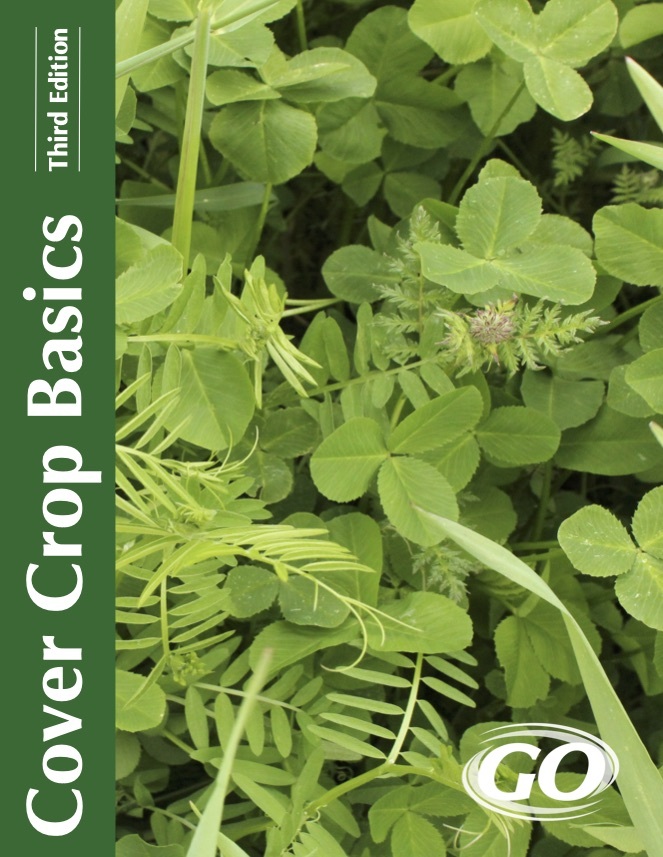Depletion of soil organic carbon (SOC) resulting from extractive agriculture is a key driver of soil degradation. Much of this SOC has been released to the atmosphere as carbon dioxide, a potent greenhouse gas contributing to ongoing climate change, including extreme weather events. Soil degradation also diminishes water infiltration and retention, biodiversity, watershed functions, and the nutritional value of food. Reversing soil degradation is a top global priority. The key to producing crops without degrading soil may therefore be to determine the levels of nutrient and water availability that support high rates of photosynthesis and aboveground growth but also slightly constrain the aboveground sink for photo-assimilates, such that a portion is transported belowground to support the soil ecosystem. Three principles are suggested to guide the adaptation of agricultural practices for this purpose.


